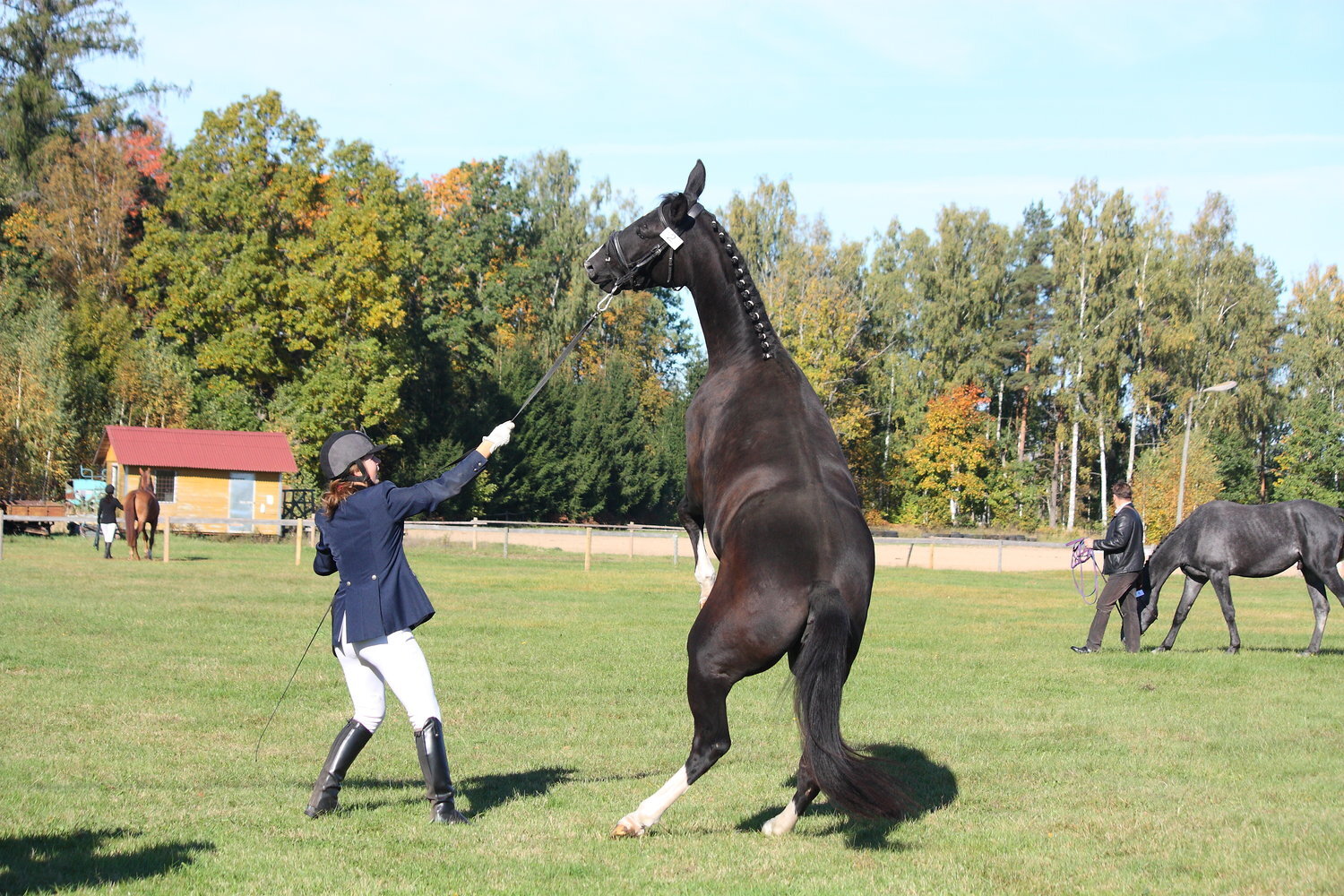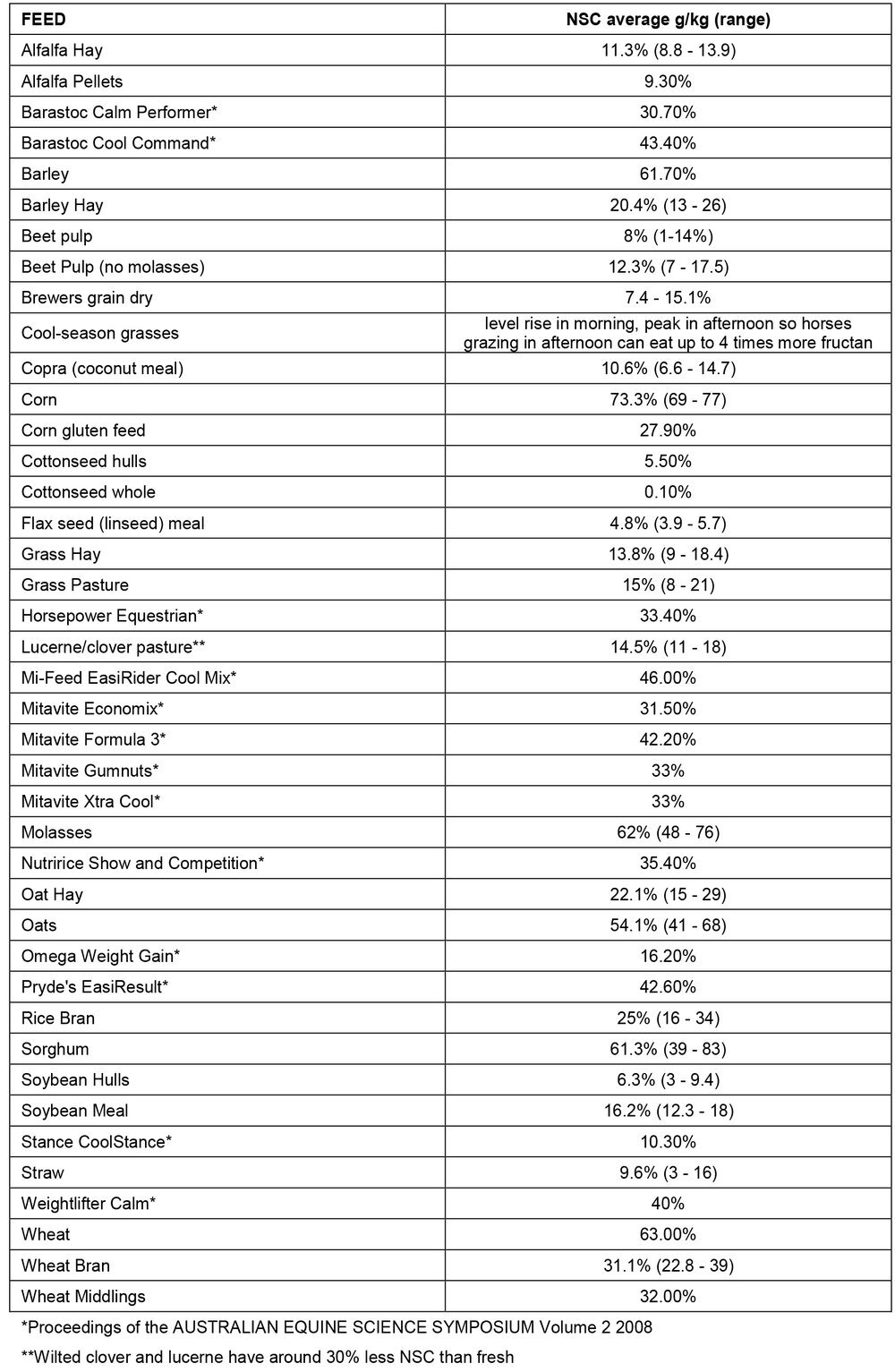Managing Anxious and 'Hot' Behaviour Nutritionally
Horses are naturally reactive animals, often displaying anxious or 'hot' behaviour in response to stress or unfamiliar situations. Understanding and managing these behaviours is crucial for their well-being and performance.
Understanding Equine Anxiety
Horses, as prey animals, have evolved to react quickly to potential threats. This instinctual behaviour can manifest as anxiety, excitability, or 'hot' behaviour. Common signs include spooking, resistance to tack, reluctance to move, and heightened sensitivity. These behaviours are often misinterpreted as naughtiness or stubbornness but are typically reactions to anxiety, pain, or fear.
Nutritional Strategies and Practical Tips for Reducing Stress
Balanced Diet: High-starch and high-sugar diets can cause fluctuations in blood sugar and insulin levels, leading to increased gut acidity and discomfort. Limiting non-structural carbohydrates (NSC) in the diet can help prevent these issues and promote a calmer demeanour (see table provided below). Avoid feeding more than 1 gram of starch per kilogram of body weight per meal. For a 400kg horse, this means limiting oats to around 900g, steam-rolled barley to 890g, and micronized corn to 580g per meal.
Adequate Fiber: Ensuring constant access to fiber through hay or pasture helps regulate gut acidity and promotes better gut and brain function. Low-fiber diets are associated with increased acid production, which can cause visceral discomfort and stress. Provide horses with continuous access to hay or pasture to promote natural grazing behavior and reduce stress.
Feeding Practices: Meal-feeding can disrupt gut function due to altered chewing and saliva production. Horses with free access to hay chew more, aiding digestion and reducing stress. Trickle-feeding mimics natural grazing behavior and supports gut health.
Fat Supplementation: Incorporating oils into the diet can have a calming effect. Studies have shown that horses fed high fiber-fat diets are more relaxed and exhibit lower reactivity to novel objects compared to those on high sugar/starch diets. Add oils to the diet to support a calm demeanor and improve overall gut health.
Consider Supplements: Magnesium (Mg) and thiamine supplements can help reduce anxiety and improve behavior. Recent research has confirmed that Mg supplementation can significantly reduce reactivity and stress in horses. Consult with a veterinarian to determine the appropriate dosage for your horse.
By understanding and addressing the nutritional needs of horses, we can help reduce stress and promote a calmer, healthier equine companion.
Magnesium and Thiamine for Calmer Horses
Fear-related reactions help horses deal with danger, and magnesium (Mg) is often promoted as a calming supplement. Many owners and vets report benefits like reduced skin sensitivity, 'hot' behaviour, tying-up, irritability, muscular cramping, weakness, insulin resistance, cresty necks, and stiffness with Mg supplementation. While most reports are anecdotal, recent research supports these observations.
Key Studies and Historical Insights
An Australian study found that horses given Mg were less reactive in a reaction speed test compared to those sedated with Acetylpromazine (ACE). Canadian research showed that Magnesium combined with Thiamine, also known as Vitamin B1, significantly lowered heart rate and cortisone levels during stress without the adverse effects of ACE. Thiamine's calming effects were noted in racehorses over 50 years ago, and studies in rats and mice demonstrate that Mg and Thiamine reduce anxiety and post-natal depression.
Benefits and Veterinary Uses of Magnesium
Mg helps soothe nervous horses by working with calcium on muscle contractions. International Olympic veterinarians found that Mg reduces muscle tiredness and increases work tolerance in show jumping, 3-day eventing, dressage, and 4-in-hand horses. They also reported decreased skin sensitivity, 'hot' attitudes, unexplained hindleg lameness (muscular in origin), tying-up, irritability, muscular cramping, weakness, and stiffness, particularly in the hindlimbs. Supplemental Mg alleviated these signs and improved behaviour and performance.
Although behaviour can be challenging to measure, some responses to Mg can be tracked through heart rate and blood tests. A daily Mg supplement reduced heart rates and muscle enzyme levels after exercise in horses prone to tying-up or with PSSM. Mg also helps manage insulin resistance (IR), Equine Metabolic Syndrome (EMS), synchronous diaphragmatic flutter (SDF), developmental bone disorders, and tetany. Adding Mg to the daily diet addresses subclinical deficiencies, which, although difficult to diagnose, produce recognisable clinical signs and syndromes.
Blood tests have shown excellent responses in pregnant mares, foals, and older horses when therapeutic levels of vitamin E are included in the diet, improving foal immunity, colostrum IgG levels, vaccination responses, and white blood cell function.
Jenquine’s EzyMag+ contains therapeutic levels of Magnesium, Thiamine, and Vitamin E, which have proven effective in research and clinical trials. Extreme Mg deficiency is rare, but additional dietary Mg, thiamine, and vitamin E are necessary for growth, work, late pregnancy, lactation, and during moderate to intense work.
Dr Jennifer Stewart
BVSc BSc PhD Equine Veterinarian and Consultant Nutritionist



